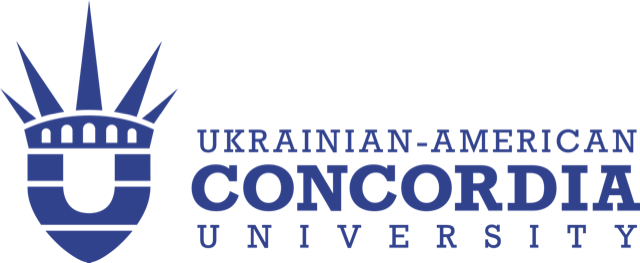Liubov Zharova, Ph.D., Professor, Head of the International Economic Relations, Business and Management Department, NAQA international expert:
Analysis of publications, experience of universities, and communication with colleagues suggest that the trends of the new year will be:
Hybrid learning models implementation. Although online education has been in the spotlight during the pandemic, its evolution has not stopped. 2024 is likely to bring greater integration of online and offline education. It is important to note that unlike the online learning brought about by the COVID-19 pandemic, real hybrid learning is thoughtful and pre-planned – an adapted curriculum designed specifically for the hybrid model, not adopted. It is much more than just submitting a daily curriculum online. Instead, hybrid models are based on combining face-to-face interaction with online flexibility, allowing teachers and students to improve the quality of the process and the effectiveness of communications. Hybrid learning can also be cost-effective.
Personalization based on artificial intelligence. AI also expands the impact on educational processes, generating new challenges and offering specific solutions. AI can also automate administrative tasks, freeing faculty time for more meaningful student interactions. Whether tailoring course content to individual learning paces or using predictive analytics to identify and support at-risk students, AI is changing the personalized approach to education.
Soft skills are in the spot. The job market is constantly evolving, and now, more than ever, employers value soft-spoken skills. Soft skills include critical thinking, adaptability, and emotional intelligence. There is a need for a shift in focus in the curriculum, integrating more soft skills training to prepare students for an ever-changing professional environment. Of course, businesses still need employees who know the basics. However, understanding soft communication skills can be the difference between a cog in the machine and someone well-prepared for innovation and change in an organization.
Development of decentralized educational platforms. Decentralized platforms can offer students more control over their academic data, credentials, and achievements, using, among others, blockchain technologies. This should help make transfers between institutions or countries smoother. Another trend to mention is the transition to non-traditional education models, such as micro-schools and small educational institutions that offer a personalized learning experience. The diversity of forms and formats of education stimulates the search for a decentralized and flexible approach.
Lifelong learning and micro-courses – the days when education ended with a degree are a thing of the past. Continuous learning is becoming the norm, and micro-courses allow you to acquire specific skills without investing in full-fledged and long-term training programs.
The list mentioned above does not exhaust the list of trends, and at the end of the year, we will all be able to make sure which of them really became trends, which are only the influence of fashion. However, the most important thing is the opportunity and intence of our University to respond to them.

